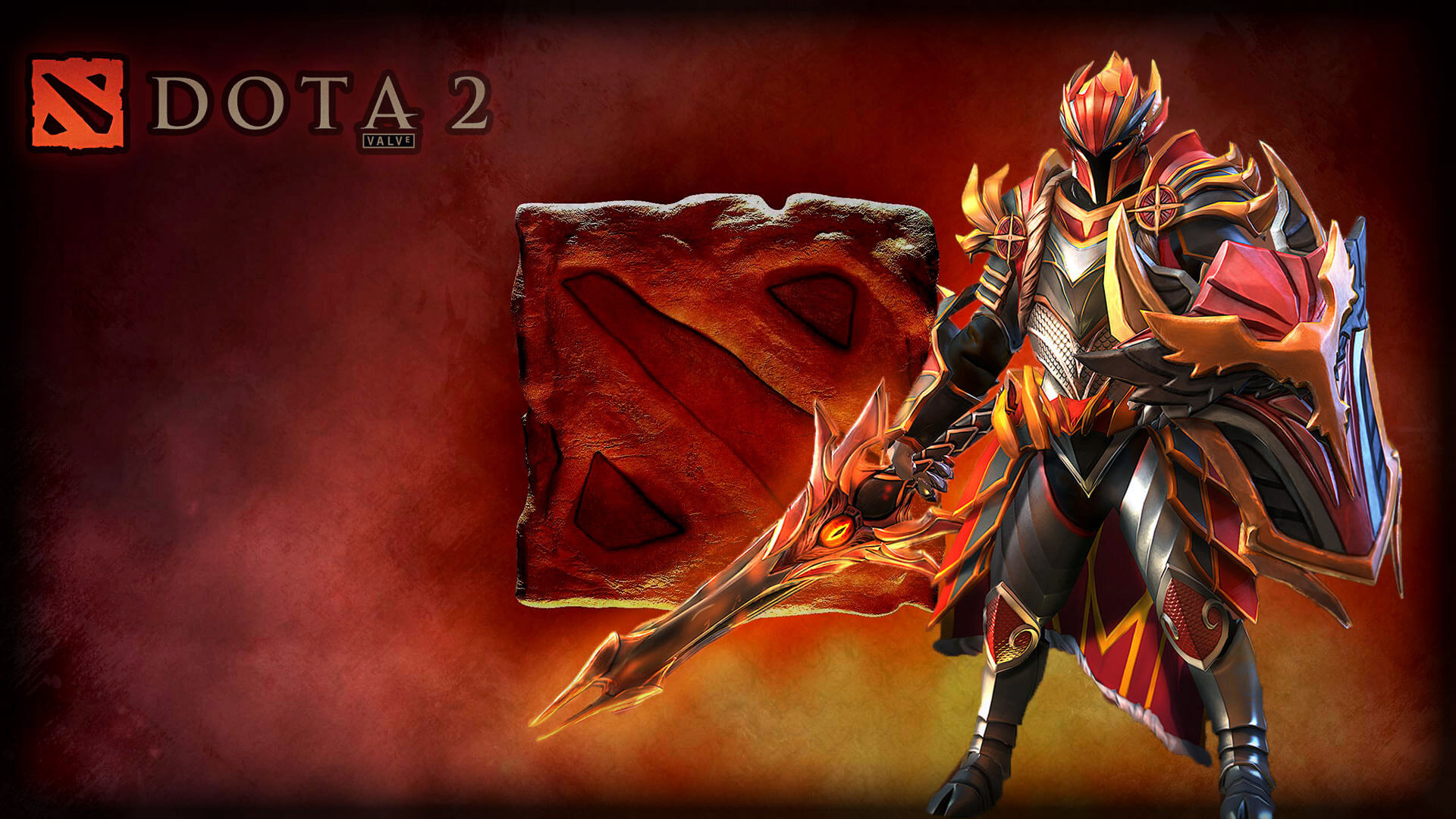Following the growth of video games, eSports is now a massive multi-million-pound industry, and the best players earn or win huge amounts of money. While it is not a traditional sport, in as much as not much physical movement takes place, the success has spawned many scandals. It should have been predicted, with the incredibly high stakes and cut-throat competition. Well, now it has happened, a new form of match fixing. This article is not to encourage or teach you the basics of creating a scandal, far from it.
Gamers have been permanently banned from gaming events, proof that the sponsors are taking this very seriously. Bets of up to $10,000 were laid against players, along with $7000 worth of skins, rendering seven players in 21 Counter-Strike: Global Offensive out of the competitive gaming world within the brand for life.
In 2013 Aleksey ‘Solo’ Berezin laid bets against his own team and claimed winnings of $322 during DOTA 2 major event. This has resulted in the number 322 symbolising bad play, or a player deliberately throwing a game for profit.
The Hearthstone Sexism Scandal has its own hashtag, #GamerGate, where females were banned from playing. Really?? The International eSports Federation caused quite a stir with this random ban which, after global condemnation, was lifted. Maybe they realised that 50 percent of the world’s population is female, which would result in a huge loss of income. Money speaks.
The anonymous online currency, Bitcoin, is generally used to buy risky online products and is remarkably volatile. In order to obtain Bitcoins, one has to mine them. This is quite a complicated business, with various complex procedures. Best if you google it.
However, the eSports Entertainment Association created and distributed an anti-cheat patch, which was hidden in the programs required to mine Bitcoins, to 15,000 computers. After a couple of weeks the discovery of this patch resulted in excuses, and finally blamed a rogue employee called April Fools Joke. Stern warnings and a heavy fine ensued, a good result for players, but not so good for the eSEA.
The anonymity of eSports is welcomed by the players, who are identifiable only by their IP address and their public name. FatGaming pulled the trick of fielding an ineligible player called D1ablo. Before long other players caught on, resulting in a 6-month ban and the team being heavily penalised.
During the 2101 MLG Summer Championships the two finalists, Curse NA and Team Dignitas opted to split the winnings evenly, whatever the outcome. Predictably this resulted in a lacklustre final and was seen as an insult to the fans and spectators. This was definitely not good for brand MLG, who were heavily fined.
Remember when Mass Effect first came onto the scene? The news industry soon caught on and labelled the game an alien sex simulator, which was a real ‘stretch’ of the truth. Good for publicity, though.
Labelled by parents as the tool of the devil, the Mortal Kombat Spine-Ripping scandal probably caused the formation of the Entertainment Software Rating Board. A line of pixels portrayed someone’s spine being hit by Sub-Zero’s fatality, which horrified parents and reasonable adults.
The biggest scandal within eSports has to be the Starcraft 2 match-fixing. During 2010 some of the more famous online gamers were approached by online betting sites, with the promise of big cash if they threw games, thereby affecting the odds in favour of the bookies. Fortunately, someone caught on and posted an article revealing the plot. 11 of the guilty players were banned from Starcraft 2 for life.
These bans, while a real deterrent, only affects players of the brand, not other gaming brands. There is a need to introduce strict regulations to the entire industry, with misdemeanours resulting in bans from all forms of eSports, naming and shaming and heavy financial penalties.


